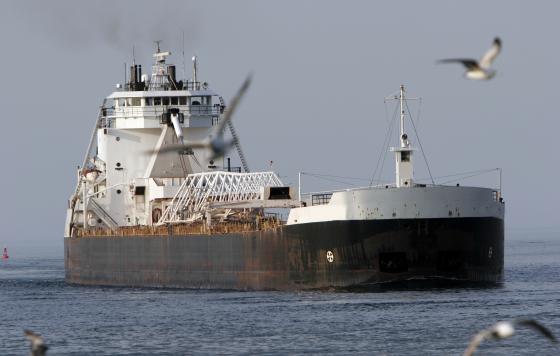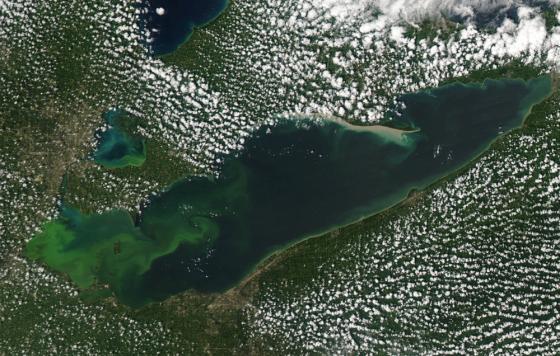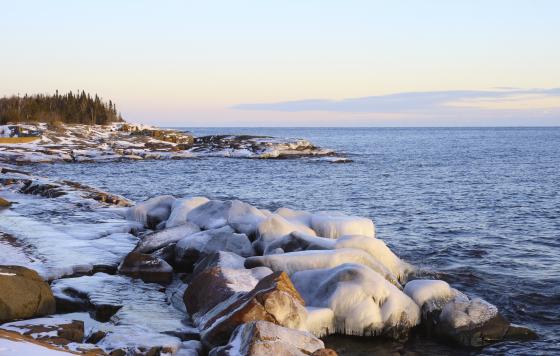Protecting our Great Lakes: The Great Lakes are a national treasure. They contain 20% of the earth’s fresh surface water and are the drinking water source for more than 40 million people. As a leading member of the Healing Our Waters coalition, we are working to protect the Great Lakes we love and clean them up for future generations to enjoy.
- Strengthen the Great Lakes Restoration Initiative: Since its passage in 2010, the GLRI has provided more than $2 billion to strategically target the biggest threats to the Great Lakes ecosystem and to accelerate progress toward achieving long term goals.
- Water Infrastructure Investments: Dangerously outdated infrastructure remains a huge threat to our lakes. From combined sewer overflows to old lead service lines, our water infrastructure needs to be updated to protect water resources for future generations.
- Prevent Invasive Species: The Great Lakes have been severely damaged by more than 180 invasive and non-native plant and animal species. We are strategically focused on reducing the risk of introduction of new aquatic invasive species.
- Agriculture affects on the Great Lakes Basin: One of the greatest threats to the quality and health of Great Lakes and its tributaries is excess chemicals, fertilizers, and sediment from irresponsible agricultural practices. This pollution fuels harmful algal outbreaks across the Great Lakes region, which is a significant threat to the region’s drinking water, quality of life, and economic well-being.
- Great Lake Compact and Water Diversions: The Great Lakes Compact is one of the most significant public water policy achievements in the world. Clean Water Action was instrumental in helping to ratify the Compact in Minnesota, the Great Lakes region, and in Congress. Unfortunately there aren’t enough formal public input opportunities in the decision-making process when it comes to large water diversions from the lakes. Everyone should have an opportunity to let decision makers know whether or not our water stays in the lakes.



